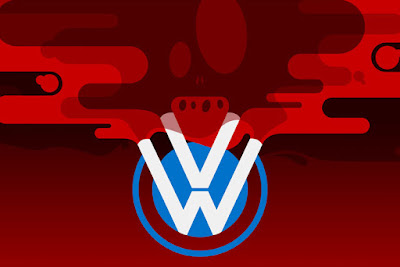Volkswagen Sirocco engines are quieter, smoother and hefty performers
Volkswagen Sirocco has a bunch of turbocharged engines in the power line-up where it has two diesel engines and three petrol engines. However, the 2.0 TDi is the latest common-rail fuel injection system that gives the smoothest and quieter performance than the previous models.
Sirocco Engines Power Variants
There are two power variants of 140bhp and the 170bhp and a bulk pulling power more than your expectation. A 140bhp engine offers a great pulling power where it sprints from 0 to 62 miles per hour in just 9.3 seconds with an impressive fuel economy of 55mpg.
Sirocco 2.0-litre engine
Next power level engine is 170bhp and it has the same sprint from 0 to 62 mph in only eight seconds to facilitate the overtaking process. The Golf GTi 2.0-litre engines were borrowed in 2009 and these engines were capable of producing excellent 211bhp with even more impressive figures from 0 to 62 miles per hour in 6.9 seconds. The acclaimed fuel economy of these engines was 38 miles per gallon.
Sirocco Petrol engines
The Volkswagen Sirocco models come with a 158bhp, 1.4-litre petrol engine have both turbocharger and supercharger options to give the Sirocco a real spice. The 197bhp 2.0-litre petrol engine is quick enough.
Sirocco diesel engine
The 2.0-litre diesel engines aren’t as smooth but they can't be faulted for outright pace. The R is super-quick. Adaptive Chassis Control comes as standard on GT versions and upwards. This system allows the driver to choose the stiffness of the suspension, the weighting of the steering and the speed of the throttle responses.
High-Speed Stability
Flat-out blasts only serve to confirm the Sirocco’s excellent high-speed stability and negligible wind noise. The six-speed manual transmission has a positive, accurate action and the DSG semi-auto is smooth, too. The petrol engines are silky-smooth and the diesel engines are bit rougher and noisier. The Scirocco is reasonably priced, and it has good residual value.
Engine Compare has earned its name and fame on the reliability of its services for recondition and Used Engines in UK. We charge highly affordable rates for Recondition Engines.









